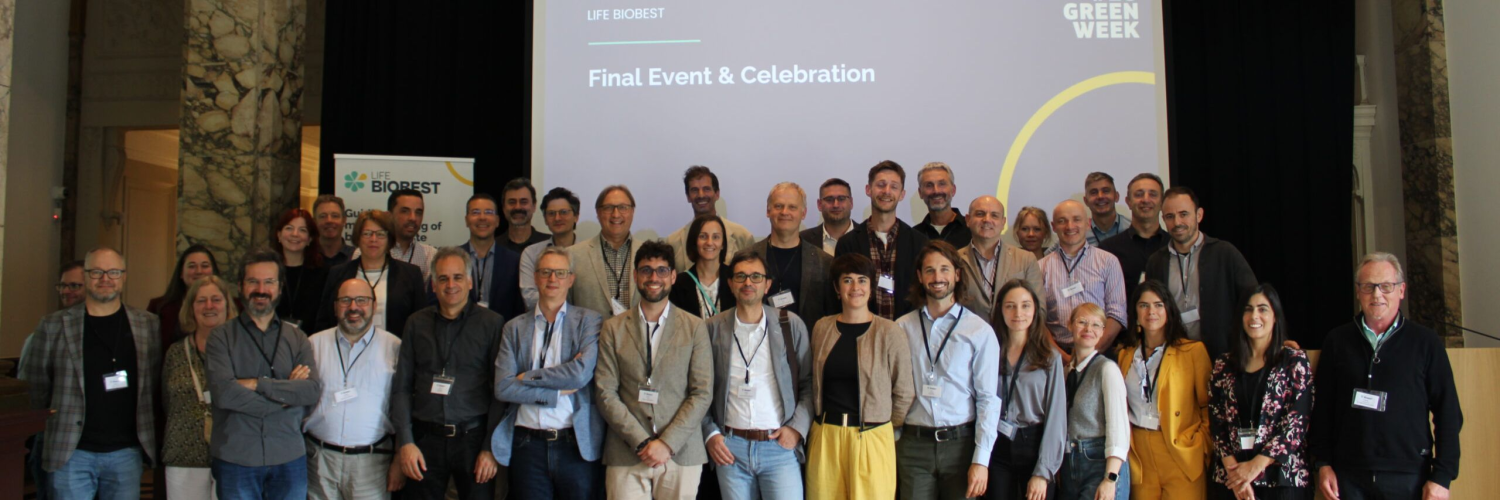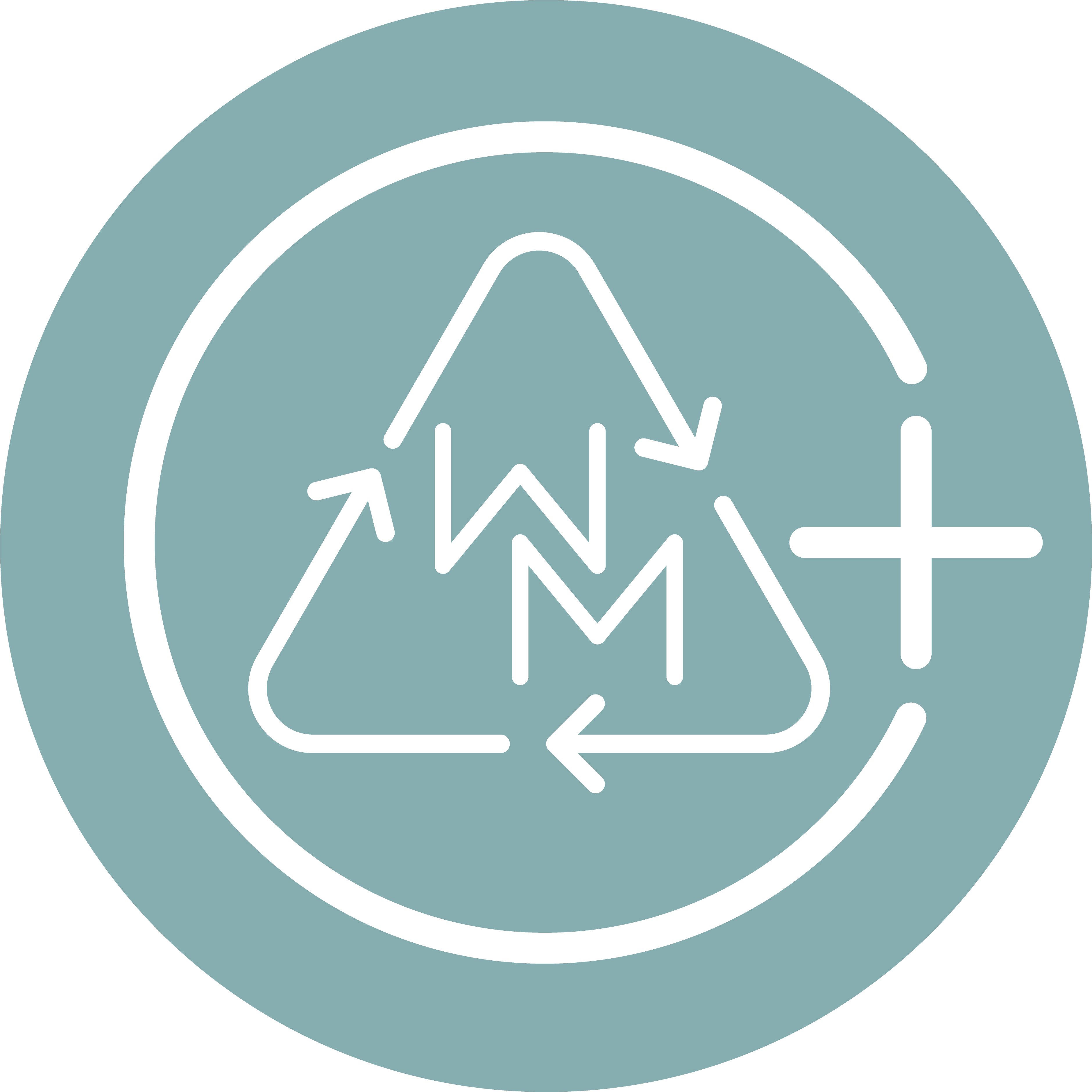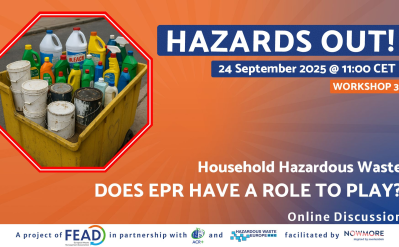News

Pioneering solutions and best practices for bio-waste management in Europe

Only 26% of kitchen waste is currently collected separately in the EU. Specific legally binding targets, economic instruments, and monitoring requirements could contribute to closing the gap between current practices and potential capture rates. For example, strategic disposal taxes to incinerators and landfills could be implemented. More concrete policy recommendations and measures to improve biowaste management are detailed in the LIFE BIOBEST Comprehensive Guidance for effective bio-waste management in the EU and summarized in a video available with subtitles in 11 EU languages.
Lessons learned for the future of bio-waste management in Europe, including:
-
EU legally-binding targets on the quantity and quality of the bio-waste captured along with improved monitoring systems.
-
Implementing of a set of economic and fiscal instruments – such as increased landfill and incineration taxes or tax refund schemes – to increase the cost-competitivity of bio-waste management.
-
Key measures to support the production, marketing, and application of high-quality compost and digestate in agriculture, landscaping and the growing media industry.
-
Cascading governance and knowledge transfer to the local level.
Local frontrunners and bio-waste experts explored the feasibility and practicality of implementation of those main recommendations during the project’s final conference. The event, held as an official EU Green Week partner event in Brussels, brought together over 60 participants, including EU representatives, local authorities, waste companies, NGOs, and academics focused on bio-waste management. It reviewed LIFE BIOBEST’s work since 2023, highlighting key publications on best practices, data insights, and enabling policies to inspire the replication of effective bio-waste systems across Europe.
In addition to the guidance for effective bio-waste management, the LIFE BIOBEST project developed the following tools:
-
Decision support trees, which function as a tool for municipalities and regional authorities to evaluate their specific difficulties and context, and pairing them with resources and recommendations from the project.
-
A Decision Support Web Tool, designed to help authorities, consultants, and waste operators simulate and compare bio-waste management scenarios by evaluating their environmental, economic, and social impacts.
-
A proposal for quality standards for bio-waste entering biological recycling facilities.
-
A set of guidelines on bio-waste separate collection, governance and economic incentives, quality compost and digestate, and communication and engagement practices.












